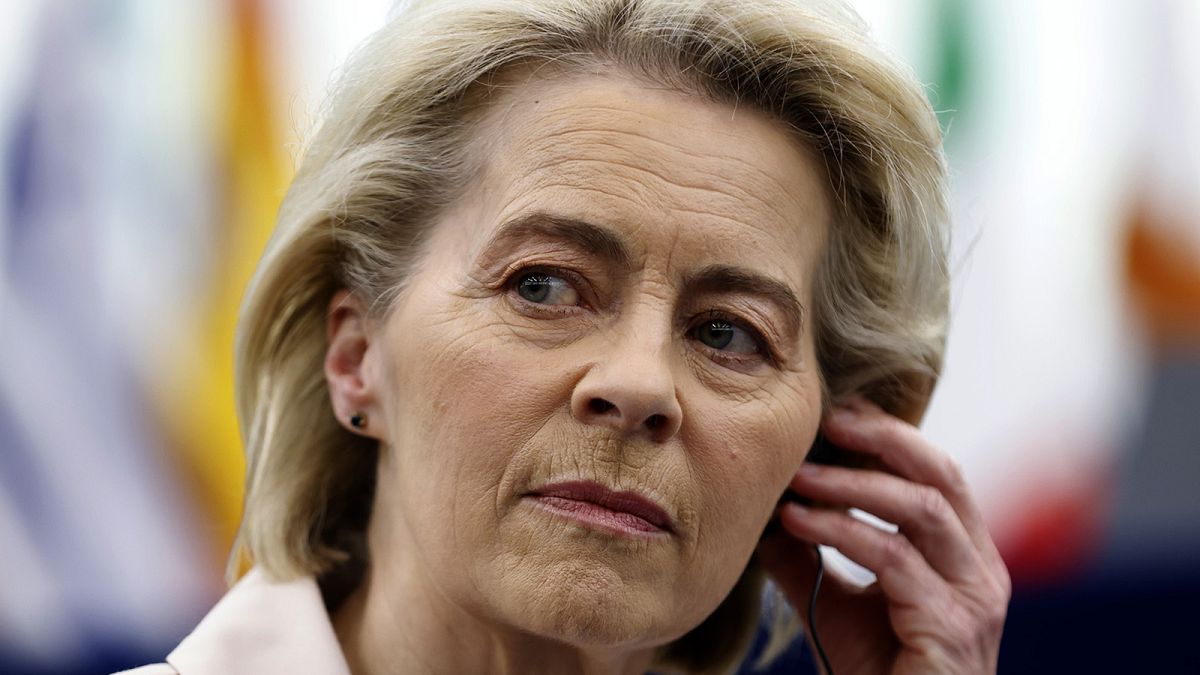An exclusive superpoll conducted by Euronews has revealed a significant shift towards the political right in European elections. Conservative parties are poised to win, with parties from the center-right, ultraconservative, and far-right leading the polls in various EU countries. This shift could result in the appointment of a conservative head of the European Commission, but there are political rifts within the right-wing camp that could hinder a united front.
The European People’s Party (EPP) is expected to maintain its relative majority in the European Parliament, but far-right and ultra-conservative forces are also making significant gains. Parties like Marine Le Pen’s National Rally in France, Giorgia Meloni’s Brothers of Italy in Italy, and Geert Wilder’s Party for Freedom in the Netherlands are all on track for victory. The EPP, as well as some left-leaning parties, are also leading in certain countries.
The polls show that liberal-democrats Renew are likely to face heavy losses across Europe, with France becoming a battleground for the party. A significant divide exists between traditional conservative values and far-right stances within the nationalist-conservative European Conservatives and Reformists (ECR) group. Anti-migration and populist rhetoric are strong drivers for the ECR and Identity and Democracy (ID) parties.
After a recent far-right gathering in Madrid, leaders like Giorgia Meloni and Marine Le Pen have hinted at potential collaboration, which could have a substantial impact on EU policy-making over the next five years. The current political landscape suggests a conservative majority, but various national governments and differing European principles could complicate the formation of a cohesive coalition.
French President Emmanuel Macron may push for a coalition of traditional majority parties, but the outcome remains uncertain. Ultra-conservatives are working to repair relations and find common ground, possibly leading to unexpected partnerships. The far-right victory in key countries is likely to shape the appointments of top-level EU jobs, indicating a shift towards more right-leaning policies and agendas.





















